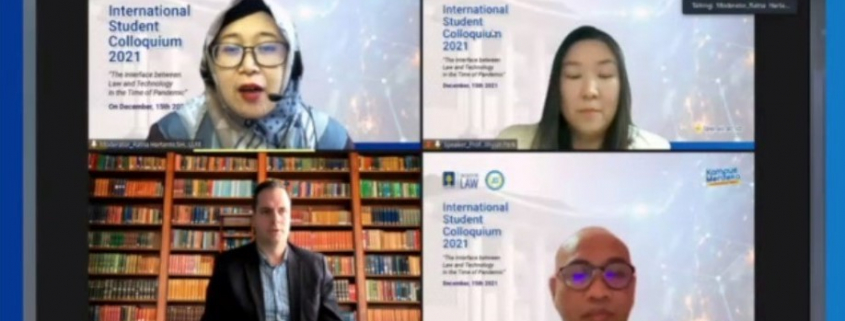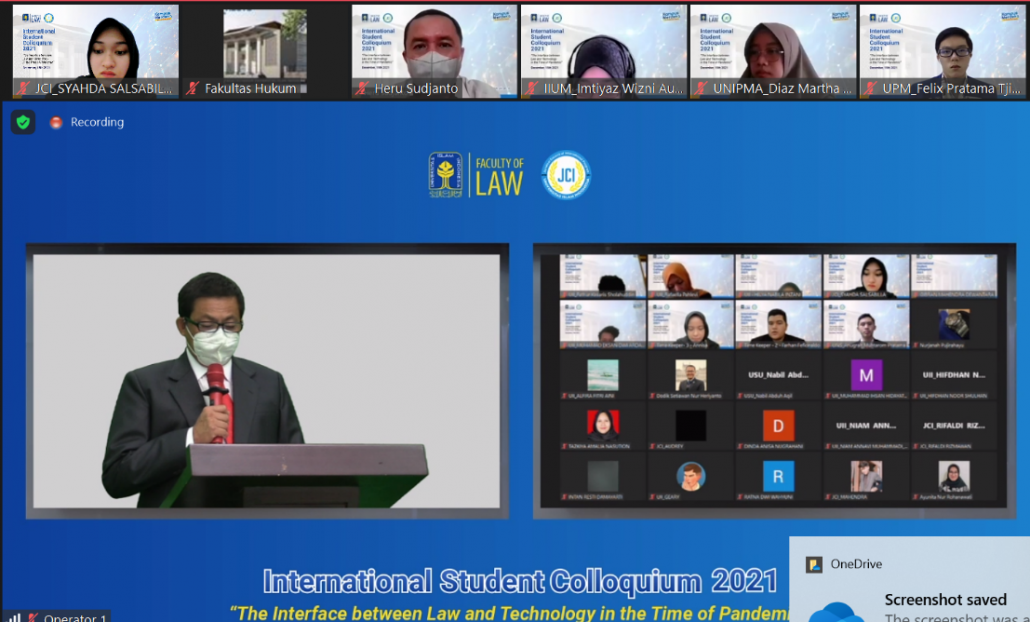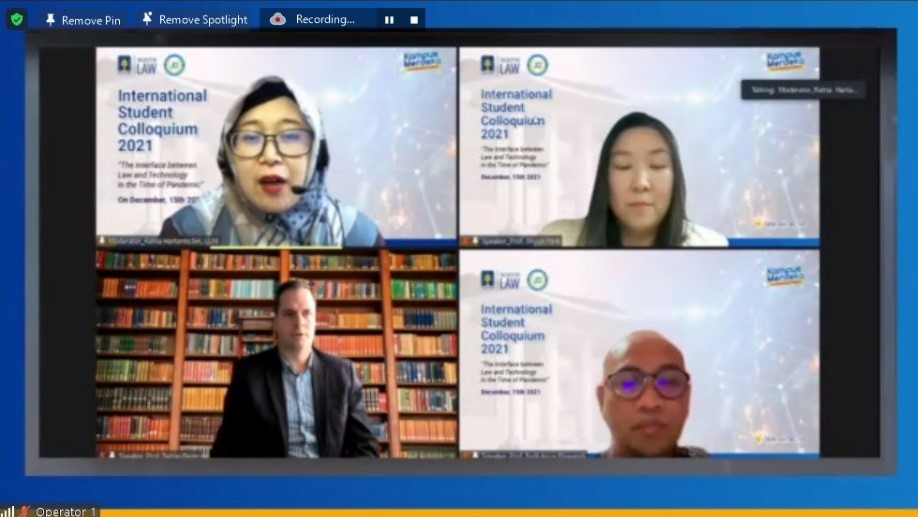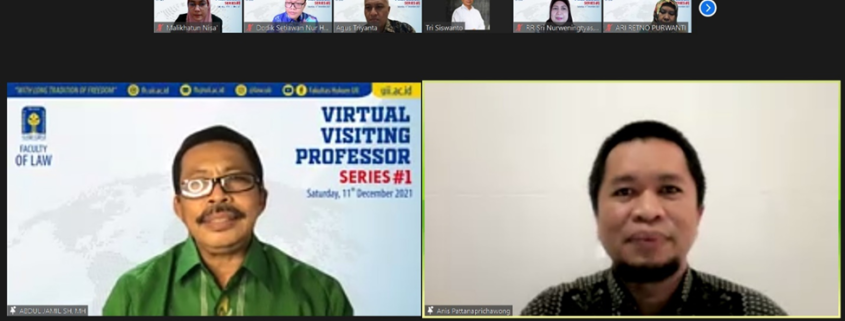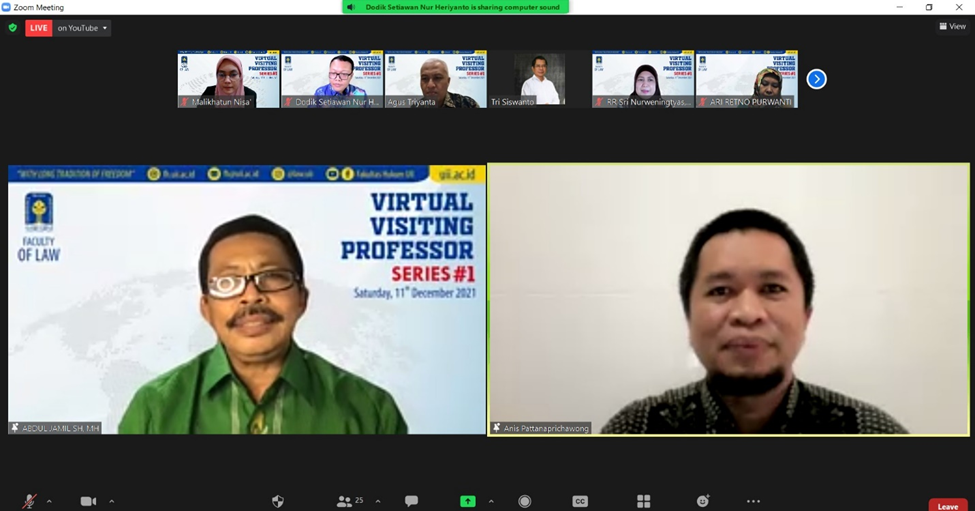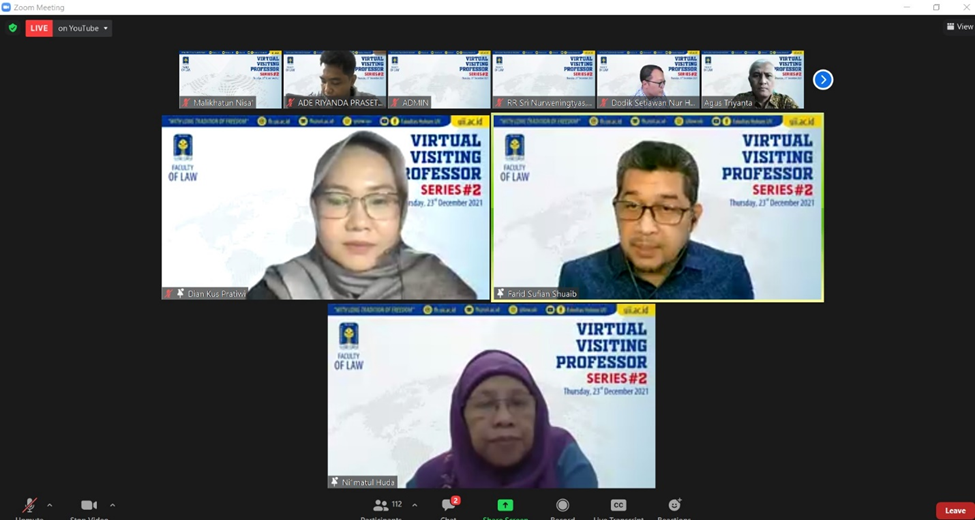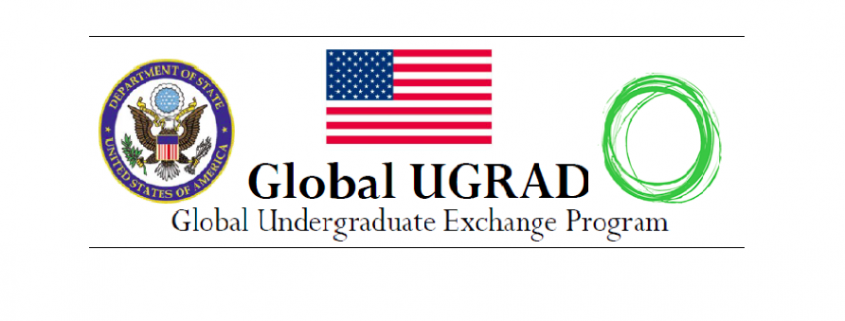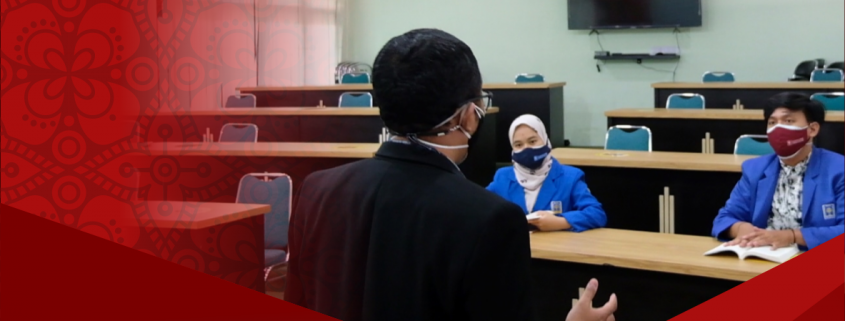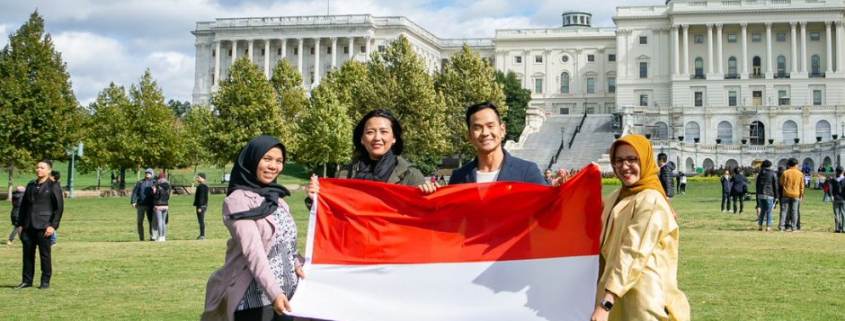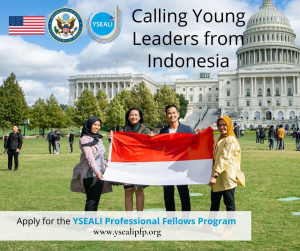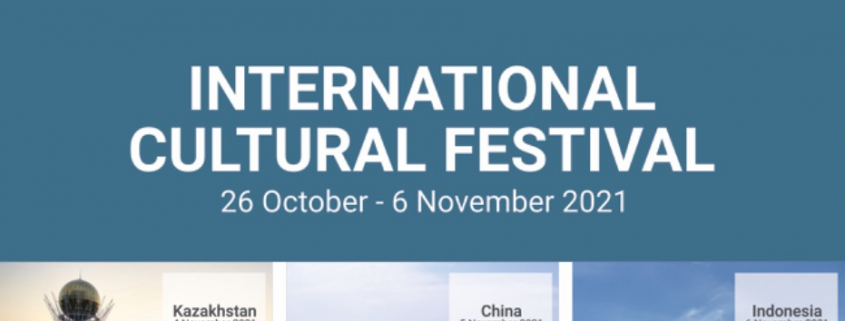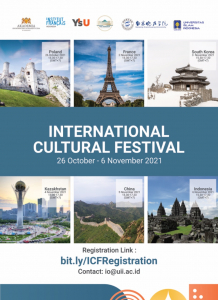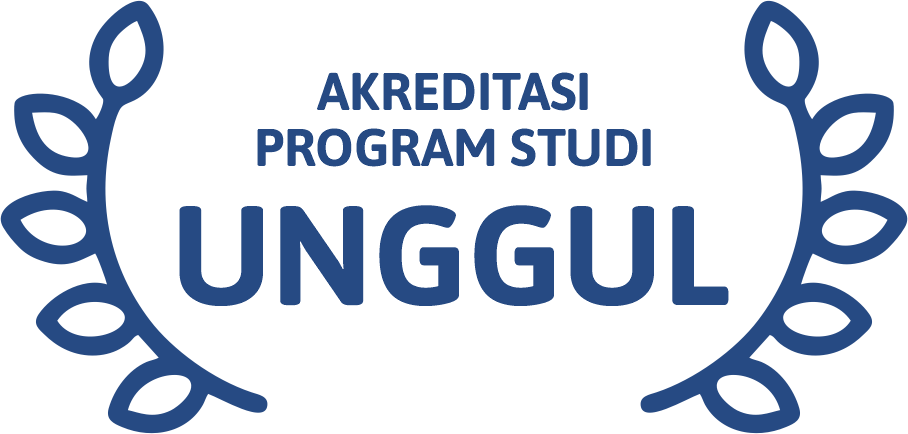Author: M. Syafi’ie, S.H., M.H.
Lecturer in Faculty of Law, Universitas Islam Indonesia, Departement of Constitutional Law
Organisasi masyarakat sipil, salah satunya Perhimpunan Jiwa Sehat saat ini mempermasalahkan beberapa peraturan dan kebijakan yang mendiskriminasi difabel. Salah satu aturan yang digugat tentang pengampuan. Aturan pengampuan diatur pada Pasal 433 KUH Perdata yang berbunyi: “Setiap orang dewasa yang selalu berada dalam keadaan dungu, sakit otak atau mata gelap harus ditaruh di bawah pengampuan, pun jika ia kadang-kadang cakap mempergunakan pikirannya”.
Pengaturan kecakapan hukum lebih jauh tertera pada Pasal 1330 KUH Perdata yang berbunyi, “Tidak cakap untuk berbuat suatu perjanjian adalah: (1) orang-orang yang belum dewasa; (2) mereka yang ditaruh di bawah pengampuan; (3) orang-orang perempuan, dalam hal-hal yang ditetapkan oleh Undang-Undang da npada umumnya semua orang kepada siapa undang-undang telah melarang membuat perjanjian-perjanjian tertentu.
Pasal di atas dikritik dan realitasnya berdampak nyata, dimana difabel biasa ditolak menjadi pihak dalam kontrak perjanjian, asuransi, dan beberapa kontrak keperdataan. Pihak yang selalu diserahkan tanggungjawab umumnya pengampunya, atau keluarga dekatnya. Banyak ironi yang terjadi, khususnya bagi difabel mental yang harta miliknya dikendalikan oleh pengampu, dan si difabel mental tidak memiliki kuasa untuk mengendalikan hartanya sendiri. Akibatnya, harta milik difabel kerap beralih kepemilikan kepada pengampunya.
Kondisi ini menjadi masalah serius, sehingga aturan pengampuan dinyatakan diskriminatif kepada difabel, melanggar human rights, dan secara normatif bertentangan dengan UU No. 19 Tahun 2011 tentang Pengesahan Konvensi Hak-Hak Penyadang Disabilitas. Secara substansi Konvensi Hak-Hak Penyandang Disabilitas tegas menyatakan bahwa difabel termasuk didalamnya difabel mental memiliki legal capacity, diakui sebagai subyek hukum, tidak boleh didiskriminasi atas dasar disabilitasnya, dan pemerintah wajib menyediakan akses dukungan yang dibutuhkan dalam melaksanakan kapasitas atau kecakapan hukum difabel.
Konvensi Hak-Hak Penyadang Disabilitas mengembangkan sistem baru, yaitu ‘Supported Decision Making’ atau ‘Sistem Dukungan Dalam Pengamiblan Keputusan’. Sistem ini menegaskan bahwa difabel mental tidak serta merta dihilangkan kapasitas hukumnya dengan jalan pengampuan yang notabene menggunakan model Substituted Decision Making atau Sistem Substitusi dalam Pengambilan Keputusan. Saat ini, idealnya memang ada sistem yang membantu orang-orang dengan hambatan-hambatan tertentu untuk membuat keputusan, dan tidak dihilangkan atau digantikan dengan model subsititusi dalam pengampuan. Apalagi sebagaimana para ahli katakan, difabel mental yang salah satunya skizofrenia gangguannya pikirannya hanya bersifat kambuhan dan tidak terus menerus.
Telaah kecakapan hukum bagi difabel mental ini menarik untuk dikaji lebih jauh, khususnya bagaimana tinjauan hukum Islam dan konteks maslahat yang perlu diambil dari dua sistem hukum yang tidak harmonis: apakah pengampuan yang menggunakan model substitusi (pengganti) atau sistem dukungan dalam pengambilan keputusan?
KECAKAPAN DALAM ISLAM
Dalam kajian ushul fiqh, kecakapan hukum atau legal capacity dikenal dengan konsep ahliyah, yaitu kecakapan menangani suatu urusan. Konsep ahliyah mencakup ahliyah al-wujub (kepantasan seseorang manusia untuk menerima hak-hak dan dikenai kewajiban) dan ahliyah al-ada’ (kecakapan bertindak secara hukum dan pantas dimintai pertanggungjawaban hukum).
Semua orang dalam hukum Islam dinyatakan ahliyah al-wujub, walau pun orang-orang tersebut dinyatakan tidak sempurna (naqish). Contohnya, anak-anak yang berada dalam kandungan ibunya, menurut para pakar telah dinyatakan memiliki memiliki hak, bahkan orang-orang yang dianggap memiliki gangguan kejiwaan (majnun) tetap dianggap memiki hak. Kelompok ahliyyah al-wujub ini ada dua, pertama, ahliyyah wal-wujub an-naqisah yaitu kecakapan seseorang untuk menerima hak, tetapi tidak menerima kewajiban, contohnya bayi dalam kandungan. Kedua, ahliyyah wal-wujub al-kamilah yaitu kecakapan seseorang untuk dikenai kewajiban dan menerima hak sekaligus.
Dalam konteks kecakapan bertindak, dalam fiqh Islam dikatakan bahwa tidak semua orang dapat dikatakan sebagai ahliyyah al-ada’ (cakap bertindak) secara sempurna. Tidak semua orang dinyatakan dapat melakukan tindakan hukum. Mengapa? Karena ada beberapa indikator yang menjadi alasan penghalang seseorang dalam melakukan tindakan hukum. Dalam hukum Islam, orang yang mengalami gangguan jiwa total dan terus menerus dinyatakan tidak memiliki ahliyah al-ada’. Tindakannya tidak menjadi tindakan hukum. Orang-orang yang mengalami gangguan jiwa total dinyatakan tidak memiliki kewajiban menjalankan syari’at dalam Islam. Orang yang diwajibkan menjalankan syariat yang disebut mukallaf indikatornya dewasa dan berakal.
Orang yang dewasa dan sempurna akalnya memiliki kewajiban menjalankan kewajiban syariat Islam. Karena itu, difabel yang sekedar memiliki hambatan penglihatan, pendengaran, wicara, dan mobilitas tidak lepas dari tanggungjawab melaksanakan kewajiban syariat atau hukum dalam Islam. Dalam hal ini, mereka bisa disebut memiliki kecakapan bertindak (ahliyyah al-ada’).
Bagaimana dengan difabel mental? Dalam UU No. 8 Tahun 2016, difabel mental terdiri dari dua, yaitu : psikososial diantaranya skizofrenia, bipolar, depresi, aunxitas, dan gangguan kepribadian. Kedua, disabilitas perkembangan yang berpengaruh pada kemampuan interaksi sosial diantaranya autis dan hiperaktif. Merujuk ketentuan ini, difabel mental yang memiliki hambatan paling serius ialah skizofrenia. Namun demikian menurut ahli, skizofrenia ialah gangguan kejiwaan yang biasdanya terjadi dalam jangka panjang. Namun demikian, skizofrenia tidak terjadi secara terus menerus, tetapi bersifat episodik. Fungsi akal pikirannya bisa hilang saat dalam kondisi relaps atau kambuh saja.
Dalam konteks hukum Islam, dewasa dan akal menjadi kunci kecakapan bertindak, saat akal dan kesadaran hilang maka saat itu pula kecakapan bertindak tidak diberikan. Kondisi ini menegaskan karena difabel skizofrenia tidak sepenuh waktunya kehilangan akal, tetapi pada saat relaps (kambuh) saja. Artinya, saat akal pikiran difabel mental tidak relaps, maka pada saat itulah kewajiban hukum wajib ia lakukan, dan pada saat bersaman ia memiliki hak dan dapat dikatakan cakap untuk bertindak (ahliyah al-ada’).
AKTUALISASI MASLAHAT
Dalam kajian usul fiqh, maslahah ditempatkan sebagai bagian metode penggalian hukum Islam yang dikenal dengan maslahah mursalah, dan dalam kajian maqosid syariah, maslahah ditempatkan sebagai motivasi dan tujuan universal daripada hukum Islam, dimana keberadaan hukum Islam di tengah perubahan tempat dan waktu yang silih berganti selalu akan berkontribusi pada pencapaian nilai kemanfaatan untuk kepentingan umat manusia.
Maslahat diartikan dengan faedah, kepentingan, dan kemanfataatan. Pemikir lain mengartikan maslahah dengan sebab atau sumber sesuatu yang baik dan bermanfaat (a cause or source of someting good and beneficial). Maslahah juga sering diartikan dengan kepentingan umum (public interest).
Dalam konteks kecakapan hukum difabel mental, dimana pada Pasal 433 KUH Perdata dinyatakan berada di bawah pengampuan, aturan ini dalam banyak hal telah dikritik karena telah melahirkan kemudaratan, praktik diskrimiminatif, dan melanggar hak-hak difabel. Mendasarkan pada kondisi ini, maka sudah selayaknya sistem pengampuan yang merujuk pada model Substituted Decision Making diubah dan ditranformasi dengan system Supported Decision Making atau Sistem Dukungan dalam Pengambilan Keputusan yang secara konseptual sejalan dengan human rights, nilai maslahat, serta menghargai harkat dan martabat kaum difabel yang rentan.
This article have been published in Sindo Newspaper, 4 January 2022.


